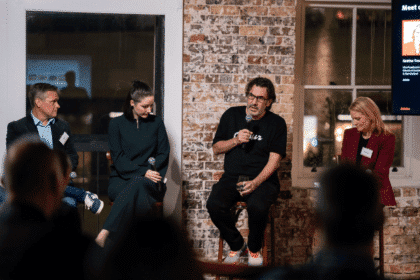Despite the fierce debate around it, the Federal Government maintains it will introduce the News Media Bargaining Code before the end of the year.
Speaking to The Australian, Treasurer Josh Frydenberg [feature image] told the paper that the code – which is expected to see both Google and Facebook pay local media companies for news – will definitely come into effect before December 10, when the parliamentary year comes to an end.
“The News Media and Digital Platforms Bargaining Code will address bargaining power imbalances between digital platforms and media companies following an 18-month review into digital platforms by the ACCC,” he told The Australian.
“The government has conducted a further targeted round of consultation with key stakeholders and will carefully assess the feedback we have received before finalising legislation to give effect to the code by the end of the year.”
The Australian Competition & Consumer Commission released a draft version of the code in July, which proposes news businesses and digital platforms be given three months to strike a deal through formal negotiations before an independent arbitrator is appointed.
It also stipulates that Google and Facebook should provide data to media companies and give advance notice of any algorithmic changes.
While the proposed code has received support from media businesses such as News Corp, both Google and Facebook have been protesting its introduction.
Google has labelled it “unreasonable” and has warned of the potential harm it could have on small businesses, while Facebook has threatened to shutdown its local news operation should the proposed regulation be turned into law.
The ACCC had invited all interested parties to provide consultation on the draft code. The consultation process closed on August 28.
Since then, the government has clearly been working behind the scenes to finalise the legislation.
The Herald has reported executives from Google, Facebook and other media companies, have been forced to sign NDAs in recent weeks in order to access the final version of the bargaining code.
Google responds
In a release published on Monday morning, Google Australia & New Zealand VP Mel Silva reiterated the company’s stance on the matter.
“To put it plainly: we support a Code, but we cannot agree to one that doesn’t incorporate these fundamental elements,” Silva said.
“No responsible business would cross these red lines. But there is a way forward that we believe achieves the goals of both publishers and the regulators, and which is realistic and fair for all parties.”
Silva also pointed to existing commercial agreements between Google and news businesses and the recently announced news Showcase, which features more than 200 publishers globally.








